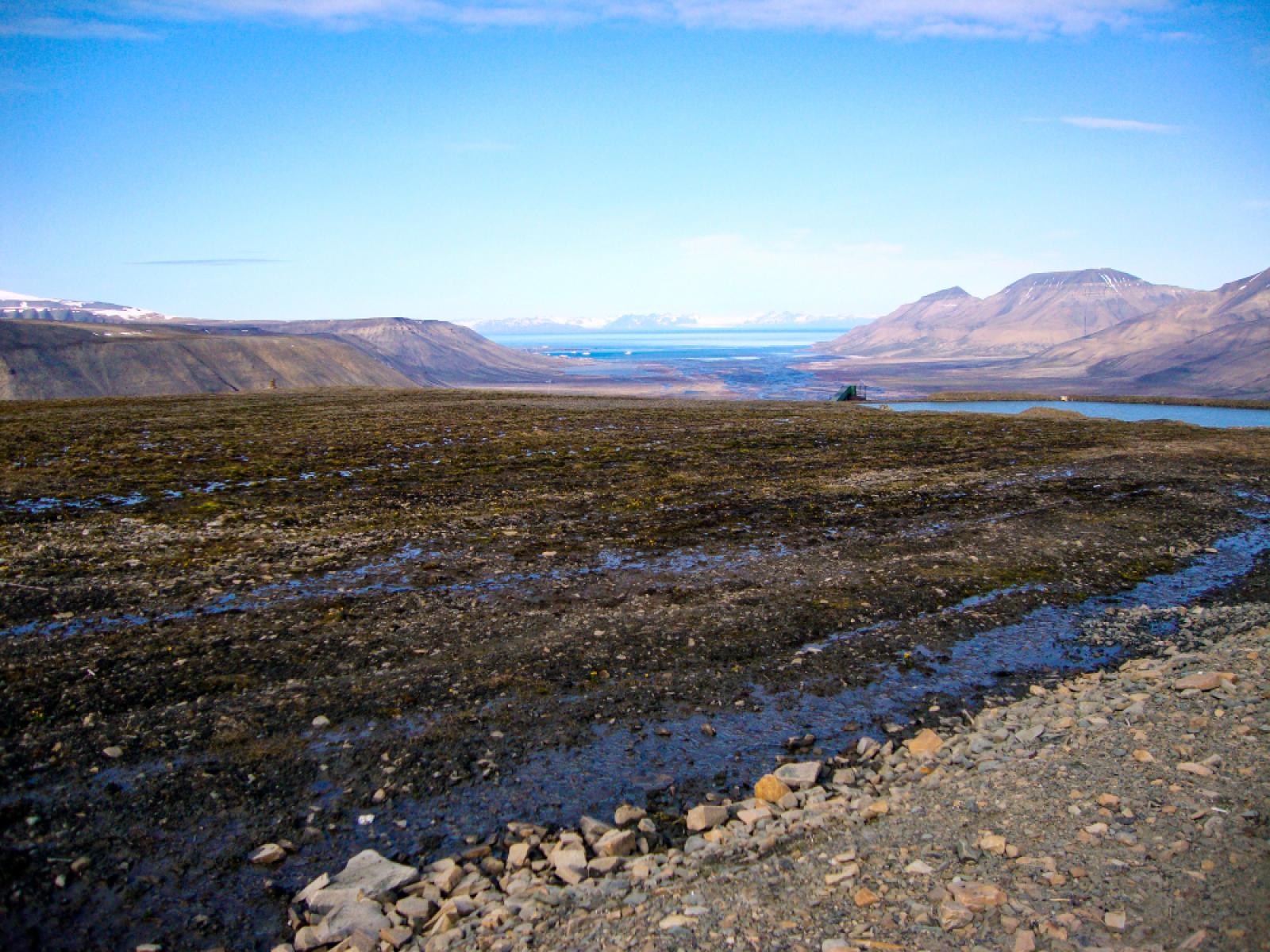Protecting climate-sensitive soil ecosystems
Review paper summarizes the effects of climate change on soil microorganisms and the ecosystem services they provide, and evaluates potential mitigation measures.

The Science
Researchers from Pacific Northwest National Laboratory reviewed the current state of knowledge about the impacts of climate change on soil microorganisms in different climate-sensitive soil ecosystems. They also examined the possibilities of using soil microorganisms to store carbon or inoculate plants to help mitigate the negative consequences of climate change. Based on their review, the authors recommend an integrated approach that combines beneficial properties of soil microorganisms with sustainable soil management practices to support plant production, maintain a clean water supply, sustain biodiversity, store carbon, and increase resilience in the face of a changing climate.
The Impact

The effects of climate change on soil microbial communities have potentially large consequences for Earth's soil ecosystems and the beneficial services that soil microbiomes provide. This review highlights the need to connect the fine-scale details arising from microbiome studies to the landscape-scale resolution of many Earth system climate models in the search for climate change mitigation measures.
Summary
On Earth’s terrestrial surface, the soil microbiome cycles nutrients to sustain plant and animal life. While this microbial community is innately connected to environmental conditions, impacts on the soil microbiome due to climate change vary depending on the ecosystem. Different aspects of climate change impact soil microbial communities and their important ecosystem functions, such as cycling of carbon and supporting plant growth. But the molecular details of soil biochemical reactions responsible for these key functions are largely unknown.
Researchers synthesized existing knowledge of climate change impacts across a range of soil environments—permafrost, forests, grassland, wetlands, and deserts—to examine how the microbiome responds. They looked at microbial changes coinciding with different climate change variables including increases in carbon dioxide levels, temperatures, drought, flooding, and fires. Their review showed that microbial physiology largely determines the ability of soil ecosystems to adapt, and that some microbiomes may be suitable for climate change mitigation measures such as carbon sequestration and promoting plant growth. The review sets the stage for future research on soil microbiomes and challenges to overcome in order to connect to larger-scale predictive models of climate change.
Contacts
Kirsten Hofmockel, Earth Scientist, kirsten.hofmockel@pnnl.gov
Funding
This research was supported by the Department of Energy Office of Biological and Environmental Research (BER) Genomic Science Program and is a contribution of the Scientific Focus Area "Phenotypic response of the soil microbiome to environmental perturbations." PNNL is operated for DOE by Battelle Memorial Institute under Contract DE-AC05-76RLO1830. A portion of the research was performed using the Environmental Molecular Sciences Laboratory, a DOE Office of Science User Facility sponsored by BER and located at PNNL.
Published: October 14, 2019
J. Jansson and K.Hofmockel, “Soil microbiomes and climate change” Nature Reviews Microbiology, 04 October 2019. [DOI: 10.1038/s41579-019-0265-7]